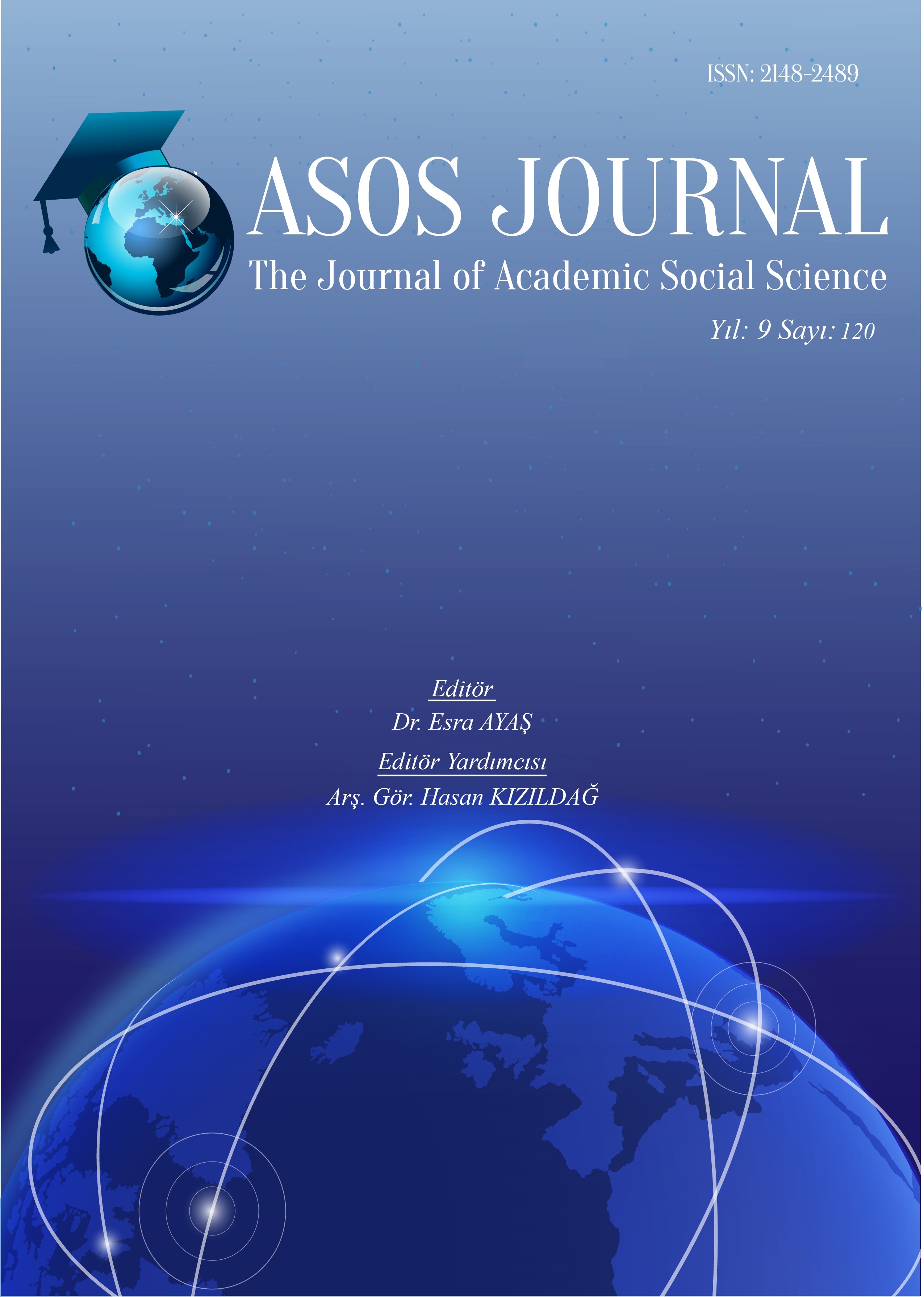Author :
Abstract
Die Nachkriegsliteratur ist aufgrund der Sensibilität ein sehr kontroverses Arbeitsgebiet. Der Nobelpreisträger Günter Grass zählt zu den meist bekannten und geachteten Autoren der deutschen Nachkriegsliteratur. Die Verdrängung der Folgen des Krieges und die Frage nach der Schuld am Zweiten Weltkrieg sind die Hauptthemen der Nachkriegsliteratur. Grass ist gegen das Vergessen der Schuld der Nationalsozialisten und empfindsam gegenüber den unschuldigen Menschen dieser Epoche. Viele seiner Werke setzen sich demzufolge mit der nationalsozialistischen Vergangenheit und deren Auswirkungen auseinander. Günter Grass hat die Schuld der Nationalsozialisten am Holocaust sehr ernst genommen. Als ehemaliger Waffen-SS (Schutzstaffel) Mitglied ist er mit der damaligen deutschen Schuld nicht zurechtgekommen. Obwohl er seine Mitgliedschaft jahrelang verheimlicht hat, ist sein Werk Beim Häuten der Zwiebel (2006) eine Art Geständnis aufgrund eines unterdrückten Schuldgefühls. Seine Novelle Katz und Maus gehört zu den zwei weiteren Teilen der sogenannten „Danziger Trilogie“. Katz und Maus ist die Geschichte nach der Frage der ‘Verantwortung’ und ‘Schuld’ des Einzelnen. Dieser Beitrag widmet sich auf eine detaillierte und spezifische Untersuchung der literarischen Motive ‘Verantwortung’ und ‘Schuld’ in der Novelle Katz und Maus. Die literarischen Motive ‘Verantwortung’ und ‘Schuld’ sollen anhand einzelner Beispiele festgestellt und analysiert werden. Dabei soll erforscht werden wie diese Motive dargestellt sind und welche Auswirkungen sie auf die Figuren und die Handlung haben.
Keywords
Abstract
Because of its sensitivity, postwar literature is a very controversial field of work. The Nobel laureate Günter Grass is one of the most famous and respected authors of German post-war literature. The repression of the consequences of the war and the question of the blame for the Second World War are the main themes of post-war literature. Grass is against forgetting the guilt of the Nazis and is sensitive to the innocent people of that epoch. As a result many of his works deal with the Nazi past and its effects. Günter Grass take the guilt of the National Socialists on the holocaust very seriously. As a former „Waffen-SS“ member, he could not cope with the German guilt at the time. Although he has concealed his membership for years. His work Peeling the Onion (2006) is a kind of confession due to a repressed sense of guilt. Günter Grass‘ novel Cat and Mouse is one of the two other parts of the so-called „Danzig Trilogy“. Cat und Mouse is the story of the question to the ‚responsibility‘ and ‚guilt‘ of the individual. This article is dedicated to a detailed and specific investigation of the motifs of ‚guilt‘ and ‚responsibility‘ in the novel Cat and Mouse. The literary motifs of ‚guilt‘ and ‚responsibility‘ are to be identified and analysed on the basis of individual examples. The aim is to investigate how these motifs are represented and which effects they have on the characters and the plot.
Keywords
- Bernhardt, R. (2. Aufl. 2019) Günter Grass, Katz und Maus. Hollfeld: C. Bange Verlag GmbH (Königserläuterungen Band 162)
- Buddeberg, E. (2011) Verantwortung im Diskurs. Berlin: De Gruyter
- Dittes, K. (2002) Was mit Katz und Maus begann. Die Schuld des Ich-Erzählers Pilenz in Günter Grass’ Katz und Maus. Heidelberg: Ruprecht-Karls-Universität
- Grass, G. (4. Aufl. 2019) Katz und Maus. München: dtv Verlagsgesellschaft mbH & Co. KG
- Heidbrink, L./Langbehn, C./Loh, J. (2017) Handbuch Verantwortung. Wiesbaden: Springer VS
- Reinisch, B. (2011) Die zeitgenössischen Reaktionen auf Grass’ Katz und Maus in Deutschland und in den USA. Berlin: Freie Universität
- Rott, S. (2002) Mahlke – Weder Hitler noch Heiliger. Günter Grass’ Novelle Katz und Maus als Charakterstudie und Gesellschaftskritik. Tübingen: Eberhard-Karls Universität
- Spreckelsen, W. (2016) Günter Grass, Katz und Maus, Lektüreschlüssel. Stuttgart: Reclam
- Sutter, T. (2007) Zu Günter Grass’ Werk Katz und Maus. Weingarten: Pädagogische Hochschule
- Verlage, H. (2009) Qualitative Inhaltsanalyse und quantitative Auswertungsmöglichkeiten - Ein Leitfaden zur praktischen Anwendung. Norderstedt: Grin Verlag
- Wahrig-Burfeind, R. (2011) Brockhaus – Wahrig – Deutsches Wörterbuch. Gütersloh/München: Wissen Media Verlag
- Kötter/Kohlbrunn (o.D.) Qualitative Inhaltsanalyse nach Mayring. Abgerufen 11. Juli 2021, von https://methodenzentrum.ruhr-uni-bochum.de/e-learning/qualitativeauswertungsmethoden/qualitative-inhaltsanalyse/qualitative-inhaltsanalyse-nachmayring/





